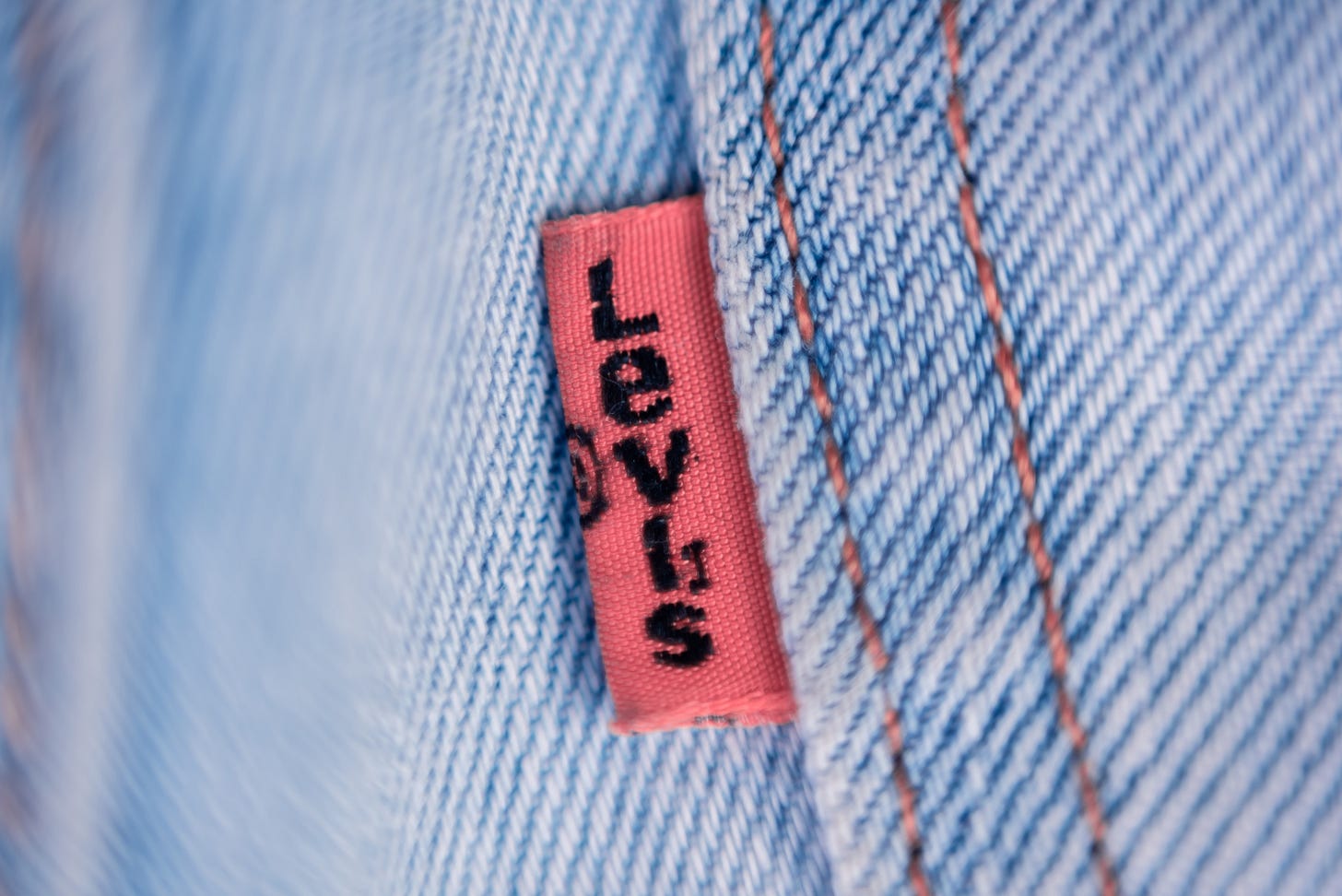Textiles Industry Out of Fashion With Failure to Link Executive Rewards to Sustainability Performance
Some of the world’s biggest textile companies are failing to tie executive pay to environmental, social and governance (ESG) performance, according to new research by financial think tank Planet Tracker.
Planet Tracker’s Textiles Compensation report analyses 30 top textile brands, revealing that over half of companies, including Anta Sports, Gap, Levi Strauss, Nordstrom, Under Armour and Victoria’s Secret, lack any link whatsoever between pay and ESG metrics.
Given 70% of S&P 500 companies now factor sustainability metrics into executive pay programmes, the textiles industry is a laggard in incentivising better sustainability performance, despite, for example, accounting for about 10% of global emissions.
Planet Tracker’s research also finds that the approaches of the majority of companies that do align compensation with ESG performance are insufficient. To ensure remuneration programmes create meaningful change, companies should set clear, quantitative annual targets linked to sustainability improvement.
Planet Tracker found that only two companies – Adidas and Puma – have clear annual sustainability-linked objectives and reporting for executive pay programmes.
The report calls on investors to uphold effective sustainability-linked performance pay, by ensuring:
Performance-linked pay is material: companies should set a meaningful (10%+) percentage of compensation at risk based on sustainability performance
Targets and results are independently verified: companies should align with initiatives such as SBTi, which requires companies to set and disclose specific targets
Targets are quantitative: sustainability targets should be clear and quantitative, similar to profit targets.
Targets are annual as well as long-term: targets should be annual, rather than vague indications of direction of travel
Sustainability targets are independent from financial targets: targets should be independent of rather than subordinate to profitability targets
Achievements are clearly disclosed: companies should disclose what has and has not been delivered, rather than reporting on direction of travel only
Richard Wielechowski, Head of the Textiles Programme at Planet Tracker remarked: “Every textile player we analysed is publicly committed to embedding sustainability into their operations and growth, yet these pledges are mere window dressing if the leaders of these companies are not held accountable for delivering sustainability goals.
“Given that the top 20 equity investors in these companies hold a combined US$278 billion of private finance is invested in the industry, shareholders have the power to incentivise management beyond purely financial performance, helping companies move towards more sustainable practices”.
#sustainability #social #governance





